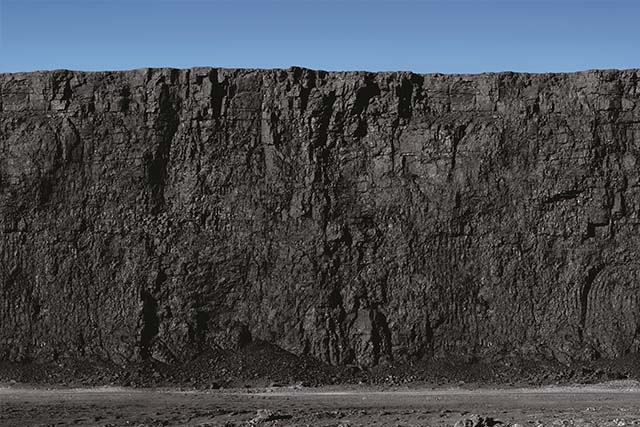Several US mining firms, including Arch Coal, Ramaco and Coronado, have withdrawn their production plans for this year, mainly due to market uncertainty. The loss of production at Coronado's Curragh mine following a fatality has contributed to the removal of its 2020 guidance.
US mining companies will continue to seek to reduce costs in 2020 in the context of uncertainty over global steel capacity. Although this may be possible for low cost producers of about $60-70 / short ton (st), companies with substantially higher cost structures are likely to struggle.
US coking coal spot prices for third-quarter shipments have recovered from the year-to-date low they hit at the end of April, when producers facing high inventories offered strong discounts on June shipments to sustain their cash positions. The daily Argus fob Hampton road high-volatile B price fell to $99 / t at the end of April, the lowest since August 2016, but has since recovered to $105.50 / t fob Hampton Roads. The temporary Covid-19 mine closures in March and April provided some mines with the opportunity to run down their large inventories.
Cost competition
Steady iron ore prices will remain a cost burden on mills and impact their appetite for higher coal costs. Any reduction projection by producers and buyers is very optimistic at $75 / dmt.
The Argus ICX 62pc index hit $91.45 / dmt Qingdao on 13 May, after hitting a low of $79.55 / dmt in mid-February. But with the mills keeping their coke ovens going, the market for coking coal is comparatively higher, with buyers halting or rolling over shipments instead of canceling shipments as they did with iron ore shipments. Europe could send an estimated 500,000-600,000 t / month of high-grade Atlantic pellets to China after the EU steel producers announced cuts to around 20pc of their 87mn t / yr hot metal production by the end of March.Although some mills have declared force majeure on their term of contracted imports of coking coal, they have followed up on-site purchases to meet demand.
"They were almost buying on the fly to keep their coke ovens running. So the demand is there, but it makes it difficult for anyone to plan," said one miner.
Holding US firms operational for protection of supply and limiting reliance on Australian coal is in the interests of European mills, but with their own existence at stake, their capacity to keep US firms afloat is limited.The granting of tariff exemptions for imports of US coal into China earlier this year provided a much-needed lifeline for some US firms already struggling with reduced European demand for most of 2019. The US exported 202,000 t of coking coal to China in February, up by 55 pcs a year. But Chinese mills cut production in February as their steel inventories hit record highs during the Covid-19 outbreak in the region, leading to a sharp decline in US coking coal exports to China — to 130,000 tons in March. There are also questions about the prospects for Chinese coal imports amid China's recovery. China's state-backed coal transportation and distribution association, CCTD, is calling on the government to tighten restrictions on imported coking coal, as lower seaborne prices make it increasingly difficult for domestic producers to remain competitive.
Australian producers have introduced Coronavirus related safety measures in their mines, but there is little expectation among market participants that falling prices would result in a reduction in coking coal production in the region. Australian mining companies have lower cost of production and are closer to Chinese buyers. The rise of the Australian dollar this year has also contributed to the cost advantage of the Australian producers over their US counterparts.


































